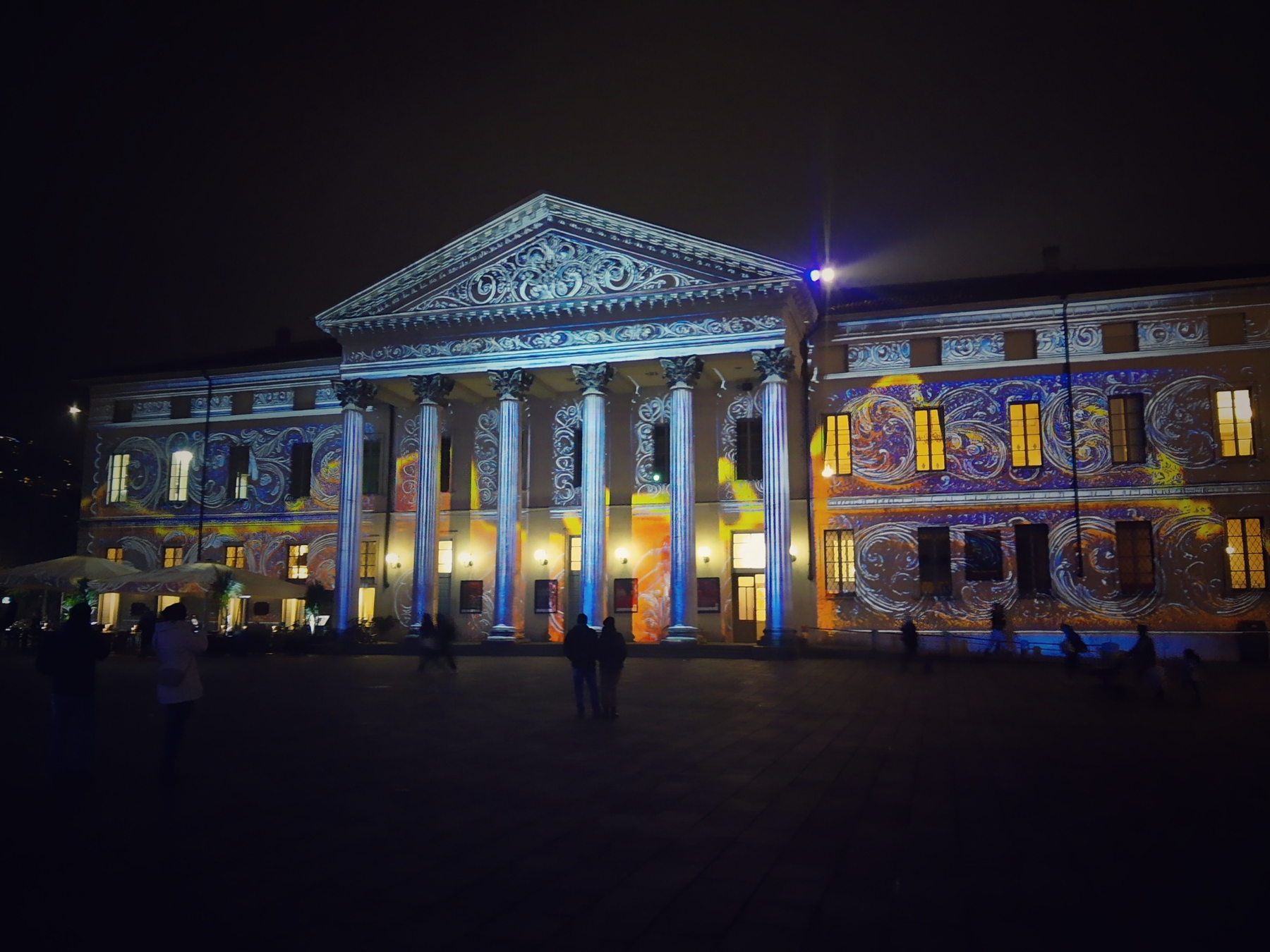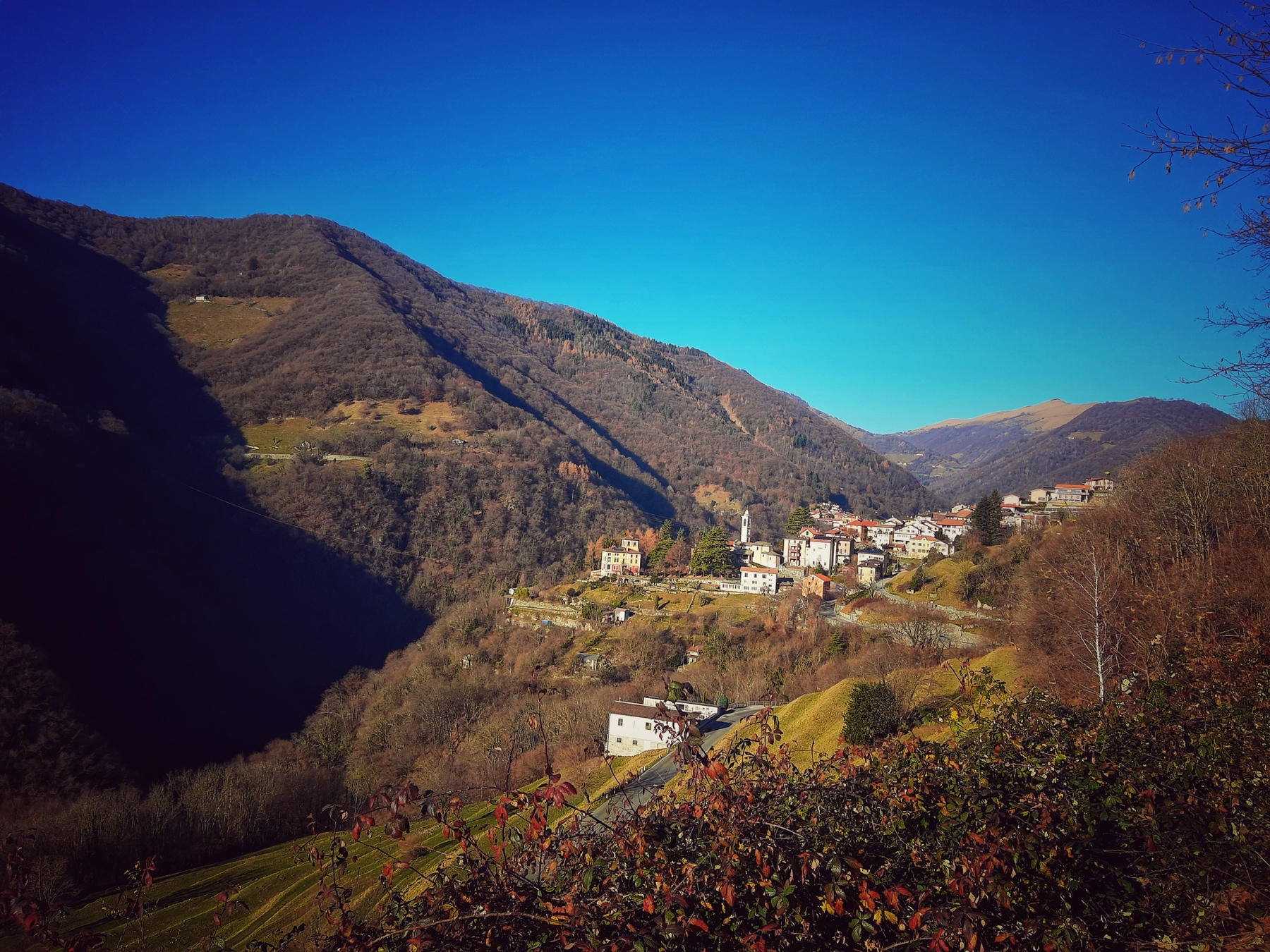Teatro Sociale by night, Como

Teatro Sociale by night, Como

Questa è una guida essenziale per gestire To-do list senza utilizzare servizi proprietari grazie tecnologie open source. Con questa soluzione potrete gestire liste di cose da fare (come una semplice lista della spesa!) su più dispositivi e mantenere queste liste sempre sincronizzate le une con le altre.
Apprezzare un software open source può avere strani effetti collaterali… 😅 Nel mio caso ho deciso di contribuire ad Hubzilla lavorando (con calma) alla localizzazione in italiano. In poco più di una settimana ho tradotto circa il 4%, direi niente male!
Di recente Mastodon ha introdotto le citazioni, una funzione richiesta da anni da molti utenti esuli di Twitter. Questa funzionalità non è affatto nuova nel fediverso, sono molti i software che supportano le citazioni (ad esempio Misskey, Pleroma, Hubzilla, Friendica) da diverso tempo.
Occorre ricordare che i software del fediverso sono in grado di parlarsi tra di loro grazie ad un “linguaggio comune” che si chiama ActivityPub. E’ proprio grazie a questo protocollo standard che dal vostro account Mastodon potete commentare un post scritto con Friendica all’interno di un gruppo Lemmy. Nonostante il protocollo ActivityPub sia comune, ogni software può decidere di implementare più o meno funzioni in base alle esigenze e idee personali degli sviluppatori che lavorano a quel codice.
Nel fediverso esiste già da tempo una implementazione standard “de facto” per le citazioni: all’interno del post che state scrivendo viene inserito RE: ed il link al post citato.
Mastodon ha deciso un approccio diverso (a maggior tutela dei propri utenti), ma che di fatto cambia completamente le carte in tavola. Senza entrare nel tecnico ad ogni post che viene scritto con Mastodon ora viene aggiunto un flag che indica se l’autore del post autorizza o meno la citazione. Mastodon effettua una verifica per ogni post, se il flag autorizza la citazione allora vi comparirà l’opzione per poterlo fare, se il flag non autorizza la citazione o se il flag è assente allora NON è possibile citare il post.
Questo può sembrare un piccolo cambiamento, ma inevitabilmente stravolge tutto. In pratica l’approccio sino ad oggi è stato: se un post è pubblico allora lo puoi citare, Mastodon ora capovolge la questione ed obbliga la presenza di uno specifico flag per poterlo fare.
In parole povere questo mio post scritto da Hubzilla non riuscirete a citarlo con Mastodon perchè manca questo flag introdotto recentemente!
Essendo Mastodon di fatto il software del fediverso più utilizzato a questo punto bisognerà capire quali software decideranno di abbracciare questa implementazione e quando lo faranno.
Come spesso accade in ambito tecnologico è il software predominante a spingere lo sviluppo verso una direzione piuttosto che un’altra…
Voi cosa ne pensate?
Stasera cena di Natale aziendale. E voi?
Scorci di campagna

Buckingham Palace, Londra

Il villaggio nella vallata

Il Villaggio degli Elfi 🧝

Portone d’altri tempi
